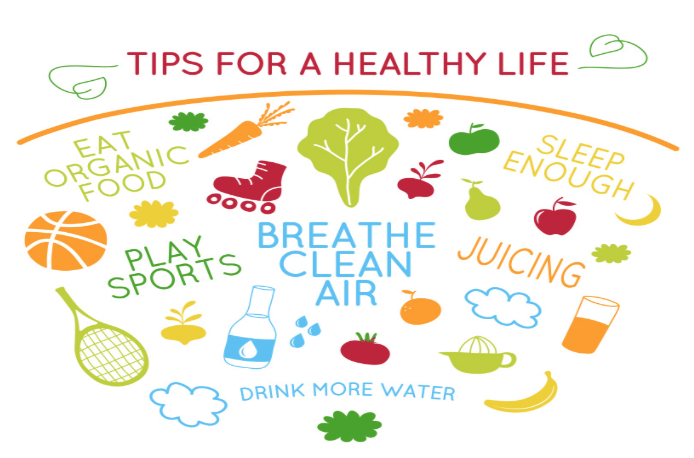What is the Gut?
It is your Digestive System that includes the following:
- Brain – Triggers your senses in anticipation of the food you are about to eat.
- Mouth – Saliva helps to soften food and contains the enzymes amylase and lipase.
- Esophagus– The tube that passes from the mouth to the stomach.
- Stomach – It is the body’s blender as it chops, dices and liquifies.
- Small Intestine – Carries out much of the digestive activity, absorbing most of the nutrients from what you eat into your bloodstream.
- Large Intestine – Absorbs water and salts from the undigested material, and gets rid of any unwanted substances that have been left over.
- Bowel – Expels waste. The ideal transit time for a meal to be eliminated from the body is between 12 and 24 hours.
The Gut Brain Connection
“All Disease Begins in The Gut.”
– Hippocrates
- Do you often hear yourself say I had a “gut feeling” about that situation or “I feel butterflies in my stomach”? How about when you were really anxious and experienced stomach cramps and diarrhea?
- This is all because the Enteric Nervous System (ENS,) commonly known as the second brain runs through our digestive system and constantly communicates through the Vagus Nerve that controls the following systems:
- Sympathetic – Fight or Flight resulting in stress and emotions that lead to many digestive problems such as ulcers, inflammatory bowel disease, constipation and many other conditions.
- Parasympathetic – Rest and Digest restores the nervous-immune balance and promotes good health overall.
Did you Know?
It is estimated that 90 percent of the body’s serotonin is made in the digestive tract. Altered levels of this peripheral serotonin have been linked to mood disorders, irritable bowel syndrome, cardiovascular diseases, and osteoporosis.

Factors that Affect Gut Health
- Nutrition– Poor diet choices.
- Environment– Pollutants that may cause toxicity.
- Medications – Birth control pill, antibiotics, steroid, and NSAIDs.
- Water– Low water and fibre intake.
- Exercise – Lack of movement .
- Stress– Lifestyle and one’s ability to cope with challenges.
The Solution-5 R’S
- Remove – By eliminating parasites, processed foods, sugar, wheat, dairy, pop, juice, low grade fats and oils.
- Replace– With whole foods, nutrients, digestive enzymes, HCL, bile salts.
- Reinoculate – By adding beneficial probiotics and prebiotics from food and supplements.
- Repair– Using foods and supplements i.e. essential fatty acids, aloe, fibre and goldenseal.
- Rebalance – By implementing stress management strategies, improve sleep habits, exercise and positive thinking.

References:
Lipski, E., 2012. Digestive wellness: strengthen the immune system and prevent disease through healthy digestion, New York, NY: McGraw-Hill.
IHN. (2015). Nutrition and Health : The Fundamentals.
Anon, Microbes Help Produce Serotonin in Gut | Caltech. The California Institute of Technology. http://www.caltech.edu/news/microbes-help-produce-serotonin-gut-46495 [Accessed January 29, 2019].Anon, Differences in Small & Large Intestines | Children’s Pittsburgh. Children’s Hospital of Pittsburgh.http://www.chp.edu/our-services/transplant/intestine/education/about-small-large-intestines [Accessed January 29, 2019].
Images – “no copyright infringement is intended”

